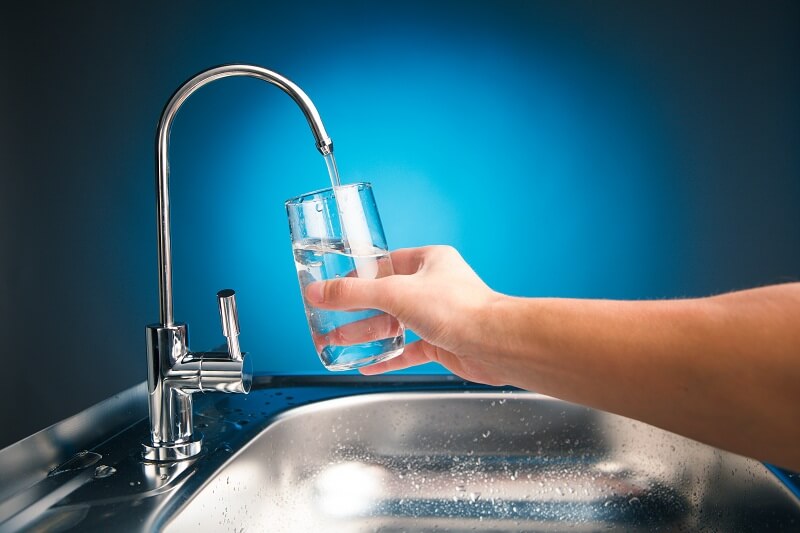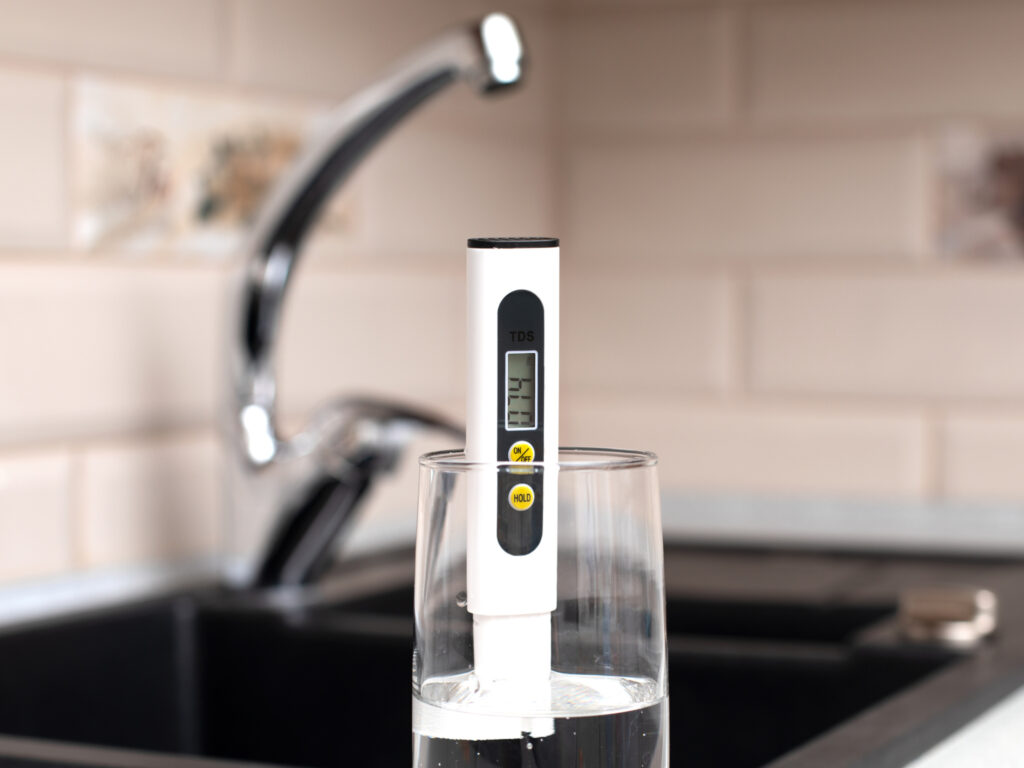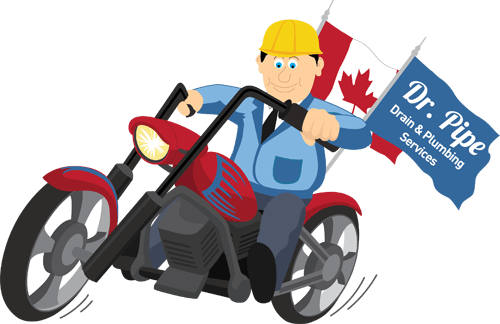Give us a call today: 416 663 4777 for a free upfront estimate!

It is easy to understand how important water is in our lives. Water is a precious fluid that keeps us alive. Since our early years in school, we have learned that about 70 percent of our body is comprised of water. There is no doubt that this valuable fluid that keeps us alive also has some impurities.
Problems That Cause Hard water
You must have heard about hard water and soft water. Hard water is comprised of several impurities including dissolved metals like calcium, limestone, magnesium, and others. Hard water and skin problems often go hand-in-hand. It causes a gamut of skin problems such as irritation as well as others.
The use of hard water for cleaning and washing makes it difficult to remove completely the residues of cleaning products such as soaps and detergents.
The truth of the matter is that hard water can be a real pain in the neck. Some areas have exceptionally hard water that leads to a mineral build up in water tanks leading to a premature failure of all water eating systems. The water supply system also gets clogged up with lines almost choking while the household items and fixtures are filled with spots as soon as the water dries up after use. The soluble minerals that are left behind can actually be eliminated by use of water softeners making it safe and fit for use.
Water Softeners
In many areas where water is naturally hard, people have had to use traditional water softeners and depending on the degree of hardness, different methods are always put in use. Most traditional water softeners rely on electricity to run with the timer being the primary mechanism that consumes electricity. The process of softening the water is through a process called ion exchange: the chemicals that make the water hard are pulled out of the water and they get replaced with salt ions. A sufficient amount of water must go through the traditional water softener after which the resin bed will be filled with the hard minerals extracted from the water. It is this timer that works on a predetermined amount of time so that the water softener will back flush all the hard water minerals out and then fill the resin bed with anew set of salt ions. The major challenge with traditional water softener timers is that they are sometimes prone to problems. The major challenge with traditional water softeners is that you need to guess your water usage. There are times when you may be lucky to guess well but if you fail to do a proper estimation of your soft water consumption, you will have to do with hard water for some period of time.
It can therefore be said that traditional water softeners are designed in such a way that they keep the minerals found in hard water from attaching themselves to the walls of your plumbing system. The sodium that is introduced into the water breaks down that mineral deposit of lime, iron and any other minerals and after the sodium mixes with the water, it lets it flow through the pipes without clogging them. All you need to invest in is a large enough tank and enough pellets depending on your estimated water consumption.
Magnetic Water Softener

You haven’t known anything if you have never experienced hard water in your location. Millions of people struggle with water softeners because their water is hard, full of salts and will not even lather apart from it being an expense, among other problems they must endure. Using magnetic water softeners as a home water treatment will save you a lot of trouble. This comes as an alternative to traditional water softening systems that we all know about. You may want to try this alternative which is becoming the buzzword among those people who have to deal with this problem on almost daily basis.
You cannot imagine the problems people endure while using hard water! People use water softeners so as to try and bring back the water to almost normal levels. Otherwise they will have to contend with spots on surfaces in their houses, stainless steel sinks, shower walls and doors and even on the bodies of washed cars. The use of magnetic water softeners will help condition your water and the good thing is that they require neither electricity nor chemicals, like the traditional water softeners. Since there are varying degrees of minerals from the earth that are dissolved into water flowing through the earth, some of them cause the challenges in your plumbing by way of chemical deposits. There are cases where the water is so much chemical laden that even drinking it becomes simply impossible. A magnetic water softener helps to change the molecular structure of hard water as it passes through a focused flux field, changing the way those minerals react in water and this leads to desalting. It is these mineral build up that usually scales the pipes and fixtures in your entire plumbing system in the form of magnesium, calcium or limescale. The resultant effect is that water flow in your pipes is reduced and even your hot water tank becomes ineffective.
The magnetic force of the magnetic water softeners changes the molecular structure of the water as it passes through the magnetic field. When the treatment has occurred the water will no longer try to attach itself to the interior of the pipes, because the calcium and lime will be freed to travel out as they will be suspended in the water, going down the drain and finally back to the earth where they came from. These minerals will actually benefit plants instead of clogging your pipes or sticking to your appliances.
The Solution – Water Softener Salt
Any chemical that reduces the amount of calcium and magnesium ions in hard water is known as a water softener. It is necessary to treat hard water because it will damage your plumbing, clothes, dishes, and hot water tank. Water softener salt is the most commonly used water softener. There are three types of water softener salts:
- Rock Salt
- Solar Salt
- Evaporated Salt
These three water softeners have one thing in common; they all use sodium chloride to soften hard water. However, the sources of these salts are different. The sources of rock salts are deposits present on the ground. Solar salt is obtained from harvested evaporation of sea water. Evaporated salt is extracted through underground mining.
The Process
The first step of the water softening process is to identify the hardness of water. It is measured by finding out the abundance of minerals present in the water. To test the hardness of water, you can take a one-liter sample of hard water in a laboratory and have it tested. The type of water softener salt required depends on the amount of minerals.
The next step is to choose a water softener salt. For hard water softening, it is appropriate to use the most soluble salt. Evaporated salts have the highest solubility because they consist of about 99% of sodium chloride.
Remember that the right type of water softeners means nothing unless you have a quality installation. If you want to be sure to avoid problems with installation, contact a skilled company like Dr.Pipe Drain and Plumbing Services.
Give us a call today: 416 663 4777 for a free upfront estimate!




